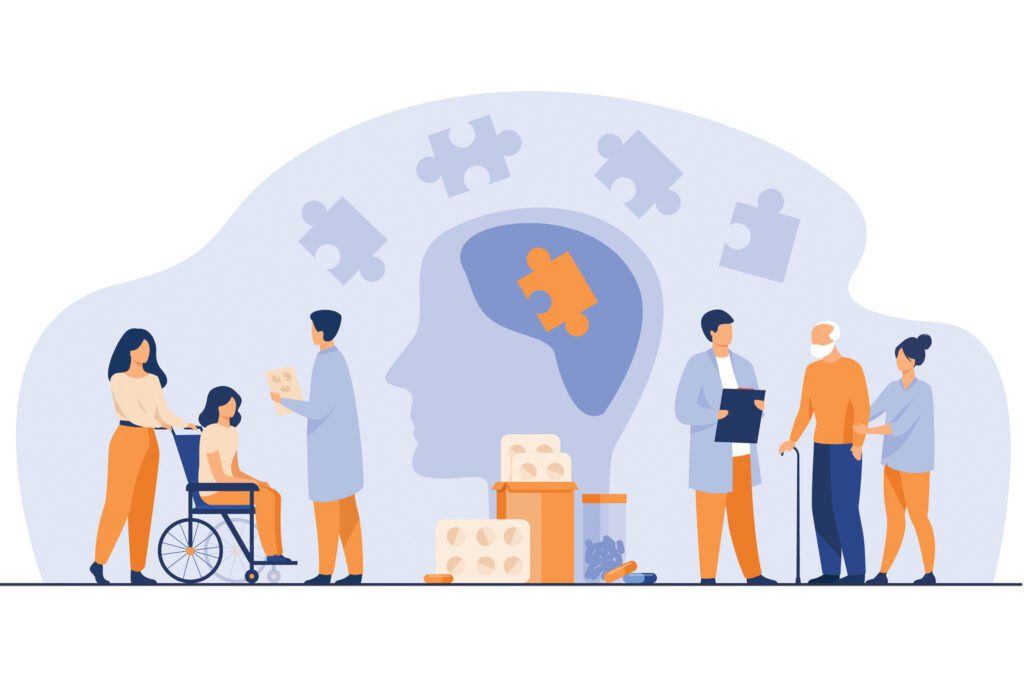
Ever misplaced your keys or forgotten a person’s name? These scenarios are often referred to as “senior moments” because with age, our brains shrink, slow down, and become less adaptable to change, making forgetfulness more apparent. This decline in cognition leaves us more susceptible to disorders like Parkinson’s, Alzheimer’s, and stroke.
Fortunately, as the most complex organ in our bodies – responsible for guiding everything from our thoughts to our memories, movements, and emotions – the brain can be exercised to stay in peak condition. The following pillars of brain health can help you improve your mental capacity, and in effect, every other aspect of your life.
Physical Exercise
Exercise lowers your risk of developing Alzheimer’s by improving blood flow and memory. Beyond that, it stimulates chemical changes in your brain to improve your mood. Regular exercise is also proven to reduce stress and improve your quality of sleep, which helps your brain rest.
Mental Fitness
Just as important as physical fitness, mental fitness is said to help your brain function. It promotes the growth of new brain cells, which can help lower your risk for dementia. A few ways to continue flexing those brain muscles include doing crossword puzzles, playing card games, and learning a new language.
Food & Nutrition
Environmental factors and lifestyle choices can create stress for your brain, leading to oxidation, which damages brain cells (think: a piece of metal rusting over the years). By eating foods that are rich in antioxidants, you can help keep your brain strong. This means up your intake of fruits and vegetables, fish, and whole grains.
Social Interaction
Not only can social interaction keep you feeling happier, it can help fend off memory loss, reduce stress, and enhance intellectual stimulation. Reports suggest that those with higher levels of social interaction have slower rates of memory decline.
Sleep & Relaxation
For the best effects on brain health, shoot for at least six hours of sleep a night. Sleep can improve your mood, your immune system, and your energy level, and it reduces buildup of beta-amyloid plaque in the brain, which is associated with Alzheimer’s.
Medical Health
Conditions like hypertension, diabetes, obesity, depression, head trauma, high cholesterol, and smoking are all associated with increased risk of dementia. Keep up with regular doctor’s appointments, stay active, reduce salt intake, and take medications as prescribed.
An Expert Weighs In





